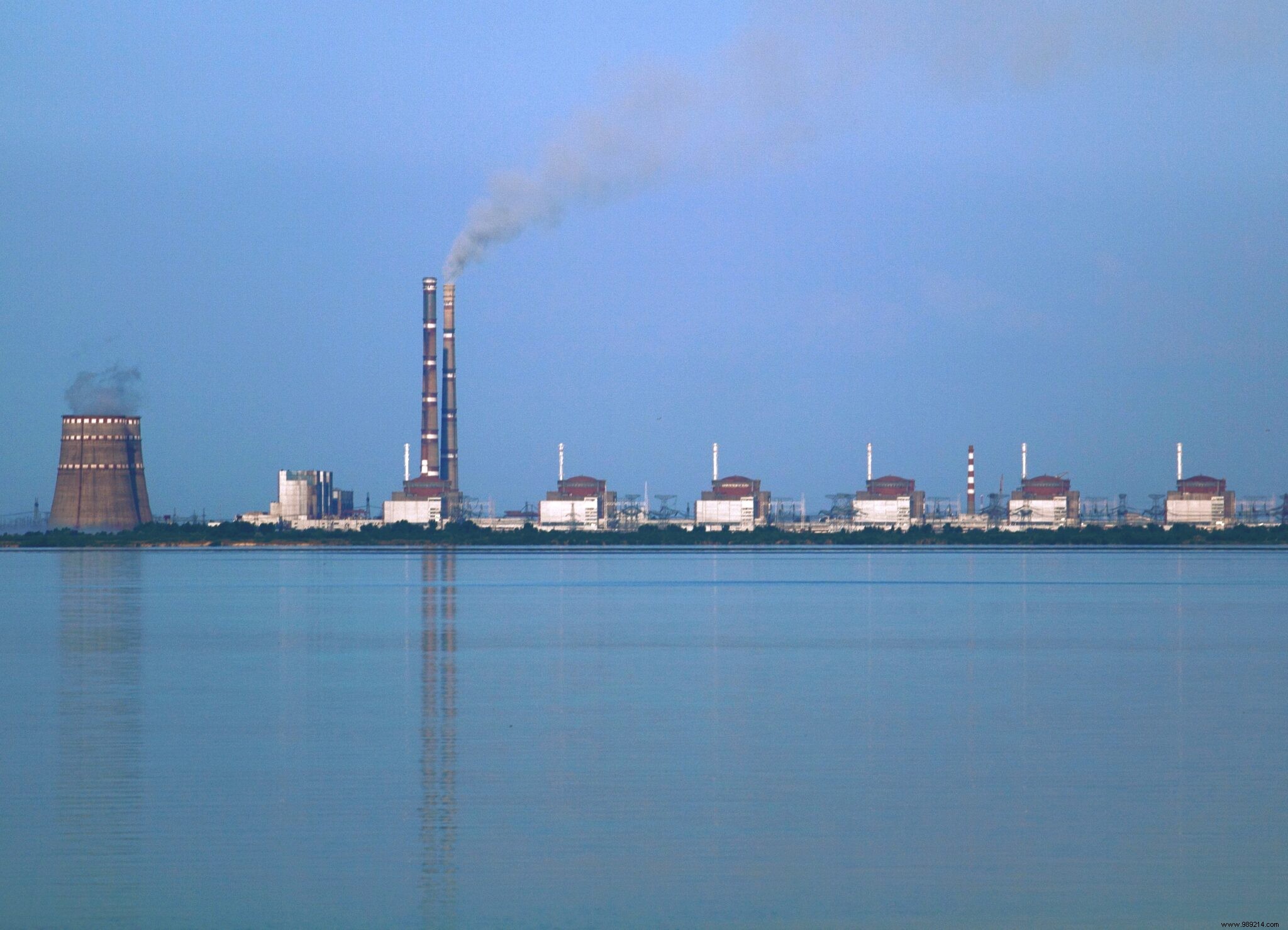Due to the war in Ukraine, fears of a nuclear incident are more present than ever in Europe. It must be said that the Russian army carried out operations targeting the Chernobyl and Zaporozhye nuclear power plants. On the continent, the sale of iodine tablets is therefore experiencing a real boom. In France, this preventive treatment is also available, but only under the strict order of the authorities.
On February 27, 2022, Vladimir Putin asked his army to put his deterrent forces on alert , in other words, its nuclear arsenal. Two days earlier, the army had taken possession of the famous Chernobyl power plant and a week later that of Zaporozhye, the largest in Europe . The circumstances of the capture of the Zaporozhye power plant remain nevertheless rather vague. In addition, Russia still denies being at the origin of a strike that generated a fire whose consequences could have been catastrophic.
This situation has caused some anxiety among Europeans, so much so that sales of iodine tablets (potassium iodide) took off. This has mostly happened in some countries geographically closer to Russia such as Bulgaria, Poland and Romania. In an article by the Reuters news agency on March 3, 2022, Nikolay Kostov, the president of the Association of Pharmacists in Bulgaria, claimed that pharmacists in the country had sold as many iodine tablets in the last week. than in an entire year.

In Western Europe, iodine tablets are also popular, especially in Switzerland and Belgium. In France, pharmacists also receive many customers wishing to obtain potassium iodide tablets. However, if the demand is not as strong as in the countries bordering Russia, it is however gradually increasing. However, iodine tablets are not freely available in our country. The government regularly organizes distribution campaigns for people living or working near nuclear power plants (less than twenty kilometers away).
You should know that taking these lozenges aims toprotect the thyroid from exposure to radioactive iodine from a nuclear incident, as was the case at Chernobyl in 1986. Thus, saturating the thyroid allows this gland to no longer be able to absorb radioactive iodine and thus to remain protected from cancer risks. However, the pellets do not protect against all exposure to radioactivity. They indeed protect against iodine-131, but not against cesium-134 or cesium-137 for example. Moreover, taking iodine would not be really useful in the event of a military attack of a nuclear nature.
The Institute for Radiation Protection and Nuclear Safety (IRSN) also published a note on March 2, 2022 which explains that the drug can be at the origin of significant side effects on the heart and thyroid. The risk-benefit balance would actually be favorable only in the event of a concrete risk of exposure to radiation.